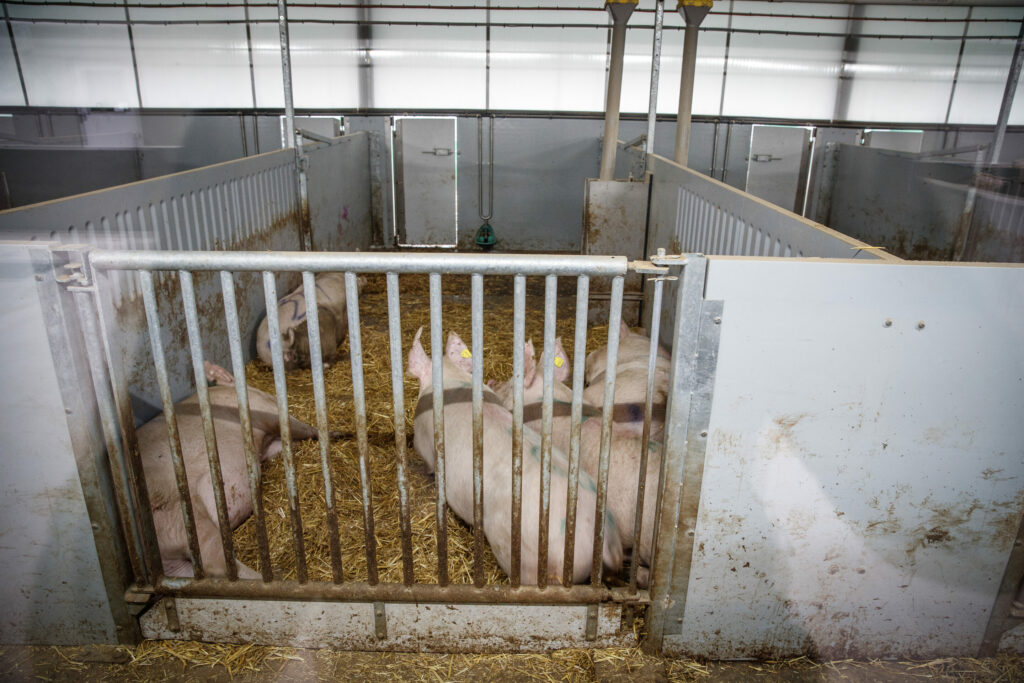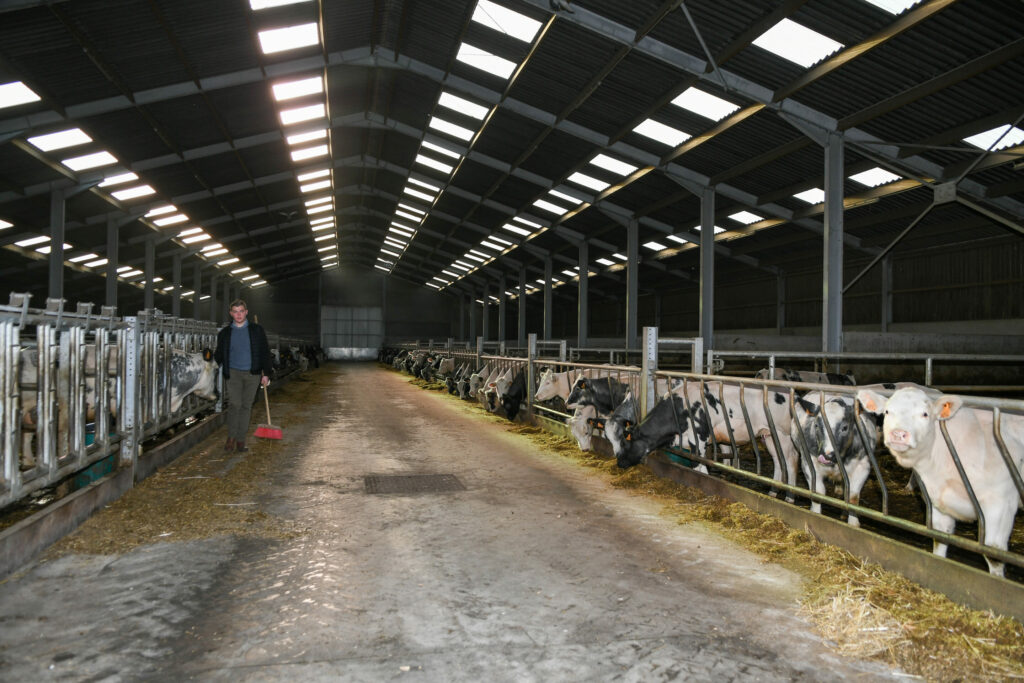The European Parliament agreed on Tuesday to expand the range of industries subject to pollution regulations, whilst easing the demands on agricultural farming and granting an exemption for cattle farms.
The changes extend the Industrial Emissions Directive (IED), which is part of the flagship European Green Deal that aims to achieve climate neutrality by 2050. MEPs discussed national operational permits, in particular for battery production and mining which will now have to adhere to stricter emission standards to protect human health and the environment.
But whilst the review of the IED tightened rules on some industrial practices, others were noteworthy for being exempt. The agriculture sector in particular will not have to apply the stricter standards, despite large farms also being considerable sources of nitrous oxide, methane, and ammonia through slurry.
In 2022 the Commission proposed extending the reach of the IED to cover more livestock operations, including notably cattle farming. However, the thresholds initially proposed have been lifted by the Parliament and Council. Also not covered by the IED stipulations are operations where pigs are organically or extensively raised outdoors.

An organic pig farm in West Flanders, which also won't have to adhere to the stricter emissions rules. Credit: Belga
This compromise was confirmed in the Strasbourg plenary on Tuesday, by 393 votes against 173, with 49 abstentions. A review in 2026 will determine whether cattle farms should be included in the IED. Also up for review will be whether the EU needs to impose a "mirror" clause to ensure that producers outside the EU adhere to similar standards when exporting into the EU.
Under pressure from protesters in the agricultural sector, the largest political group in the Parliament, the EPP (pro-European right) was divided. Some members called for the status quo favoured by Copa Cogeca, the federation of majority European agricultural unions, concerned about "additional costs". Moreover, smaller family farms potentially facing hardship from implementing new standards were represented by young farmers.
Related News
"We cannot go back on our agreements, our political credibility is at stake. And this agreement reflects the difficult balance between citizens’ health and the environment, our industry’s competitiveness, and farmers’ interests," argued the text’s rapporteur Radan Kanev of the EPP, a Bulgarian MEP.
Thresholds for pig factories and layer hens are set at 350 and 300 "livestock units" respectively – approximately 1,000 pigs and 20,000 hens. These will be gradually introduced from 2030, depending on farm size, starting with the largest ones.

